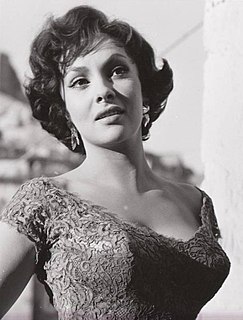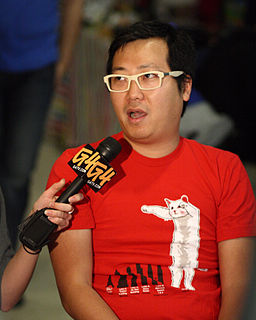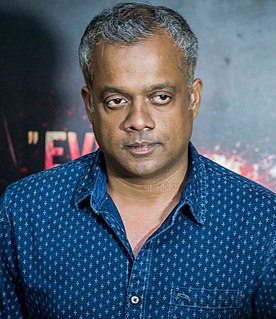A Quote by Costa-Gavras
I decided to go to the cinema school because I thought it was a new sort of media. Nowadays, it's not anymore, but in the '50s, cinema had a half century of age. Today it's more than one century. I thought it was a new media, a new way of telling stories.
Related Quotes
Marcel Duchamp, one of this century's pioneers, moved his work through the retinal boundaries which had been established with Impressionism into a field where language, thought and vision act upon one another. There it changed form through a complex interplay of new mental and physical materials, heralding many of the technical, mental and visual details to be found in more recent art... He declared that he wanted to kill art ("for myself") but his persistent attempts to destroy frames of reference altered our thinking, established new units of thought, a "new thought for that object."
Communication is paramount, and what medium or what format you utilize should be a non-issue. In some respects, that has created a barrier for new media, especially web new media, because often times maybe the media itself comes before the concept, before the ideas, and ends up navigating or dictating the outcome.
If it's just me on stage telling stories for, like, an hour, that's great. That's fine. But like a sandcastle on the beach, it gets washed away at night. It's so much more powerful if we can all share our narratives and doorstep moments and make us feel a little less alone. I'm just trying to use social media and new media as a way to capture that.
From American Idol to The Matrix participatory media - where old and new media converge by involving fans - is influencing our culture by creating new forms of interactive storytelling. Yet by enabling people to participate in such various media they can converge as a crowd to alter the story to create new modes of engagement, some not necessarily endorsed by the creator - or the brands that back them.
It's time to fundamentally change the way that we do business in Washington. To help build a new foundation for the 21st century, we need to reform our government so that it is more efficient, more transparent, and more creative. That will demand new thinking and a new sense of responsibility for every dollar that is spent.





































